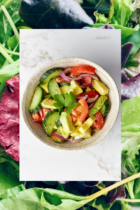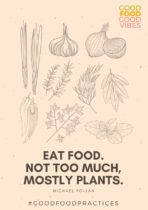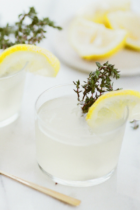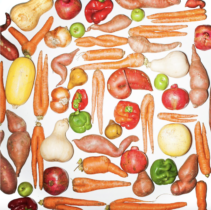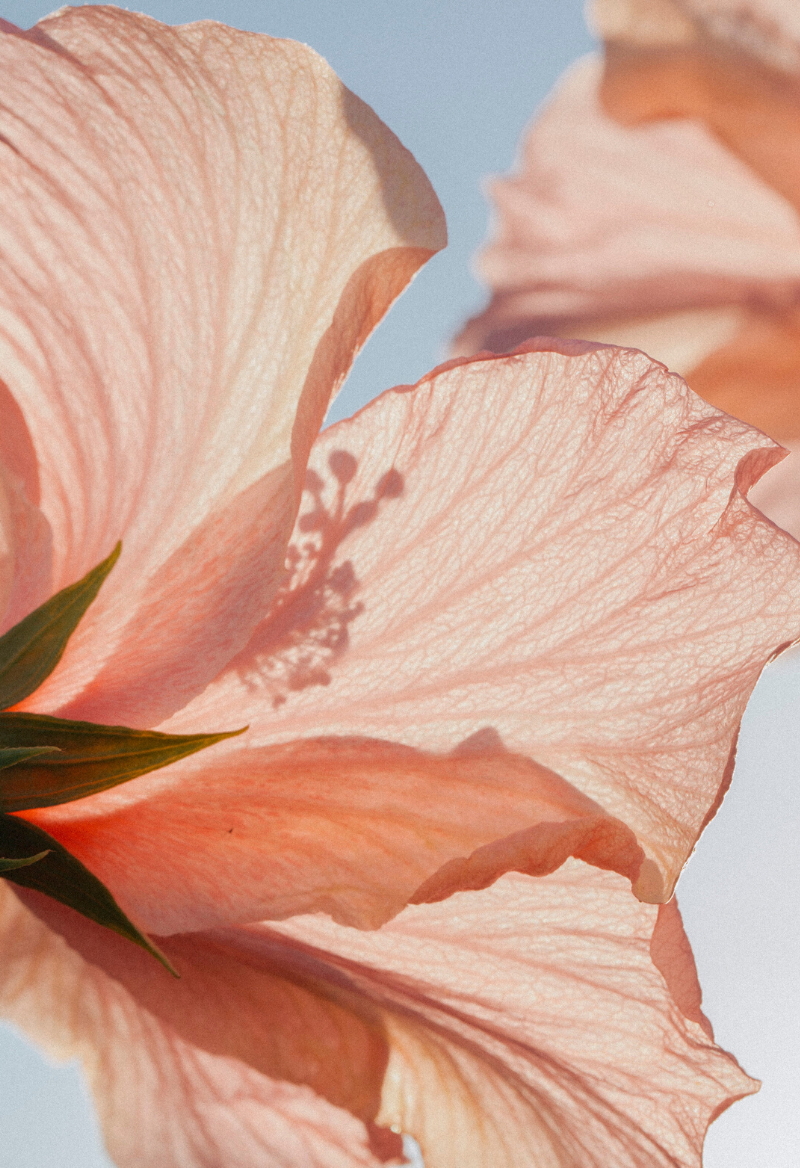
Dealing with any illness (specially one like cancer) comes with it’s share of physical struggles, but one doesn’t often hear about the mental health issues that are an inevitable part of the battle. For Breast Cancer Awareness Month this October, 27-year old survivor Karishma Kajaria sheds some insight into what mental health for a breast cancer patient and survivor looks like, and how emotional healing extends well beyond the actual treatment itself. Read her story below.
It was a dark and stormy night… and I had been getting pain in my breast.
Just kidding. It was actually November, and if you’re from Kolkata you know that the weather had finally turned pleasant (No more rains, yes please). I was a young 23-year-old recent graduate, 2 months into my first job. Life was good. But I did experience pain in my breast, so much so that I could not sleep on my front (my preferred sleeping position). After weeks and months of ignoring the pain, I finally got a breast exam, where the technician told my parents (yes my parents, and not me, because of course, I wouldn’t be able to “handle” the news) that I should get a biopsy, and be prepared for the lump to be cancerous.
I was suddenly faced with the possibility that I might have a disease where most patients were usually in their 50’s, and all my carefully laid out 5-year, 10-year and 20-year life plans would be just that: plans. Life wasn’t about the cute boy I was flirting with (he had 6 pack abs *sigh*), or the fancy job, or getting a masters degree from London, like I’d always dreamt. It was about doctors and the next hospital visit, CT scans, chemo cycles, fighting to stay alive, and to top it all off, losing my hair, and putting on oodles of weight (damn you steroids). Not something I, or anyone else, could ever be prepared for.
The toughest bit to reconcile with was that while I was going through all this, other people were moving on. Friends and acquaintances were successfully figuring out their lives, launching businesses, getting that degree that I wanted, getting married, or jet setting around the world. Social media was my nemesis. One minute online, and I would be reduced to tears, self-pity, and self-hatred. Being sad, depressed, and a crying moody bitchy mess was the new normal (my poor family, they took a lot of shit that they didn’t deserve).
Then came a point when I tried staying away from my friends and family, isolating myself – only to feel even more upset whenever I was alone. I hated people and the fact that they had a life (and lives I could trade my soul for; yes, I would exchange my cancer in a second for your horrid devastating life ending break up). The thing I realized about depression and jealousy is, as much as I hated people I still loved them; but more importantly, I needed them. I needed somebody to talk to, to vent, or to just ignore my sickness and be goofy with (really depended on my mood).
I don’t know if you have ever been around a cancer patient, but the treatment is brutal. I do believe chemotherapy is one of the worst things a person can go through. So obviously when I got my all clear, I celebrated. There was joy, relief and thankfulness, and the much-deserved holiday, followed by the desire to go back to a “normal” life. But what my cancer made me realize was that although the treatment gets over, there’s still a long journey before you can heal.
Cancer, and the months or years of struggle changes a person. It’s very rare for a person to come out the same, and accept their new physical limits, all the while trying to heal emotionally. I’m sure it’s different for different people, but I was so engrossed in self-pity and my treatment during the actual treatment, I only started my journey of emotional healing once my chemo and radiation was over. There was denial, anger, self-doubt, and finally acceptance with the desire to move on. It was not an easy process, but a learning curve. There was a roller coaster of emotions, from days where all I did was watch Netflix and binge eat or even just stare into nothing; to days where I would go out, work, or just socialize. I was blessed to have friends and family who let me heal at my own pace (Yes, at times they would have enough of my bullshit, but mostly they were very accepting.)
I learnt that it is ok to heal at your own pace. It is ok to laugh during your treatment or to cry years after you are cancer-free. It’s ok to talk to others about your struggles, or not, if it makes them uncomfortable. After all, what works for one may not work for someone else.
Most importantly I learnt the importance of true friends, the unconditional love and support of family, and healing. As much as I hope that nobody has to go through cancer, or to see a close friend/family fight it, I know it can happen. So if by chance you find yourself in such a situation, it’s ok to not know what to say. What is important is you being there for someone: to accept their flaws, limitations, and to laugh and maybe cry with them. Just, please remember that not everyone who has cancer dies. So maybe don’t talk about death, or about others you know who could not successfully battle cancer. Talk about the people who did fight it, talk about positive things, or just life in general. Maybe crack a joke or two.
And then I would like to end with a request to get continuous breast check-ups, and go to the doctor if you think something is wrong, no matter your age. Chances are it may not be anything, but please don’t risk your life just because the odds are in your favour.
Image Source: Cover

